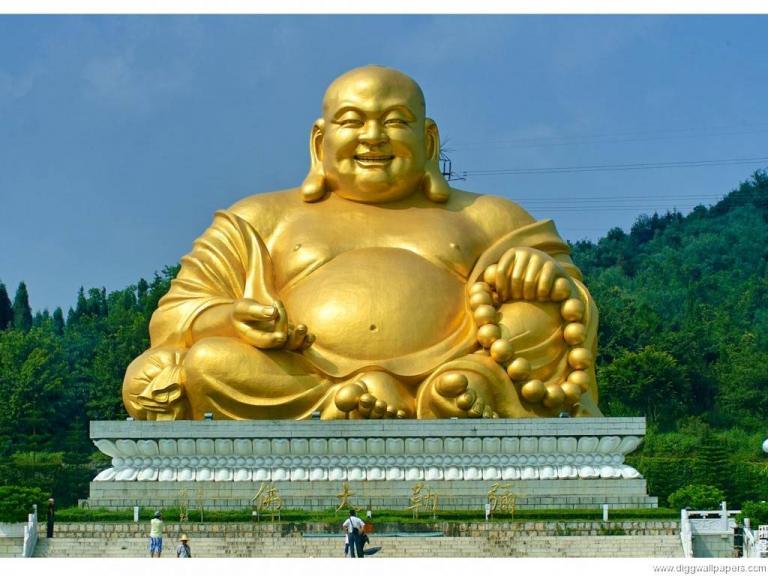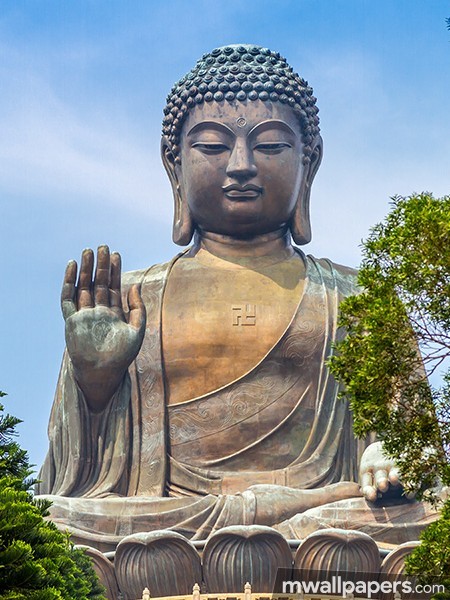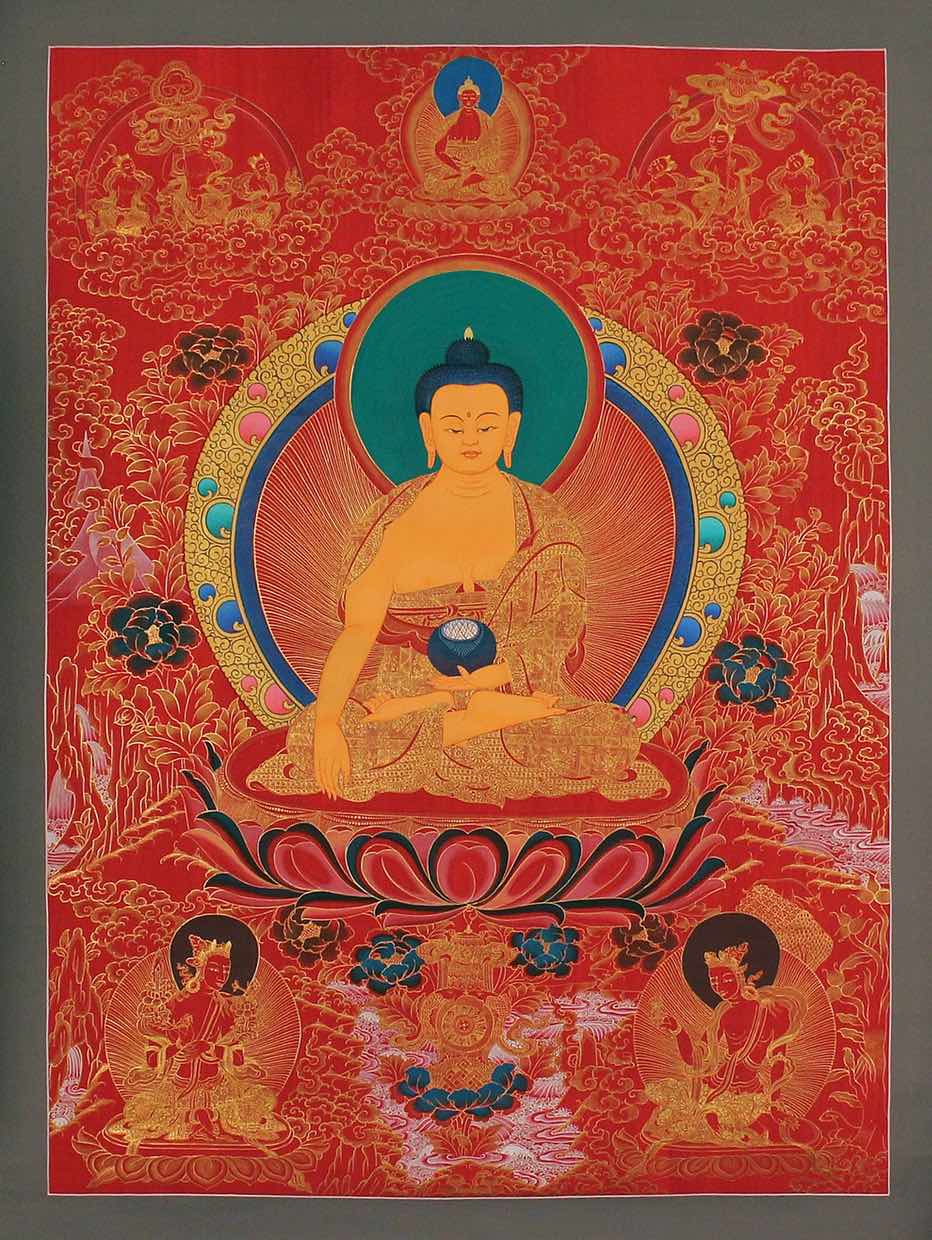Who was the founder of Buddhism?
2 min readBuddhism was founded in India around the 16th century B.C.It is said that the founder was Sakyamuni. Sakya was the name of the clan to which his family belonged.Sakyamuni was born a prince.His kingdom covered an area that is today in southern Nepal in the Himalayan foothills and the prince was brought up in luxury.But in his 20s,he became discontented with the world.Every day he encountered suffering-poverty in a beggar,pain in the cries of a woman in childbirth,sickness and death in the form of a corpse.Around the age of 30,in spite of his father’s attempts to keep him within the palace,the prince made his break from the material world and plunged off in search of enlightenment,leaving behind his wife and young son.

Sakyamuni began studying Hindu philosophy and Yoga.Then he joined a band of ascetics and he entered upon a period of rigorous fasting.However,no matter how he held his breath until his head burst and starved his body until his ribs jutted out,he failed to achieve enlightenment himself.He came to feel that self-inflected suffering was not the way to the answer he sought.Finally,Sakyamuni followed the principle of the middle way in which he would live between the extremities of asceticism on one hand and indulgence on the other.As the story goes,he devoted the final phase of his search for enlightenment to meditation and mystic contemplation.One evening,as he sat beneath a fig tree,he slipped into deep meditation.His experience was rewarded for he achieved enlightenment and became Buddha.Afterwards Sakyamuni expressed his new insight in sermons,and his disciples were said soon to have gathered around him.

What are the basic teachings of Buddhism?
Sakyamuni founded an order of monks and for the next 45 years or so preached hisideas until his death around 480 B.C..The basic teachings of Buddhism are summed up in The Four Noble Truths :life is suffering ;the cause of suffering is desire ;the answer is to quench desire ;the way to this end is to follow The Eight-Fold Path .This path consists of right knowledge,right aspiration,right speech,right behavior,right livelihood,right effort,rightmindfulness and right absorption.By following The Eight-Fold Path,Buddhistfollowers aim to attain Nirvana,a condition beyond the limits of the mind,feelings,thoughts,the will and ecstasy.Buddhist teaching includes the concept of reincarnation,the circle of rebirth and the law of cause and effort.

Monastic orders for men and women center their practice on The Three Precious Treasures :the Buddha ,the Dharma(Law or Way)and the Bonze(the Monastic Order).








